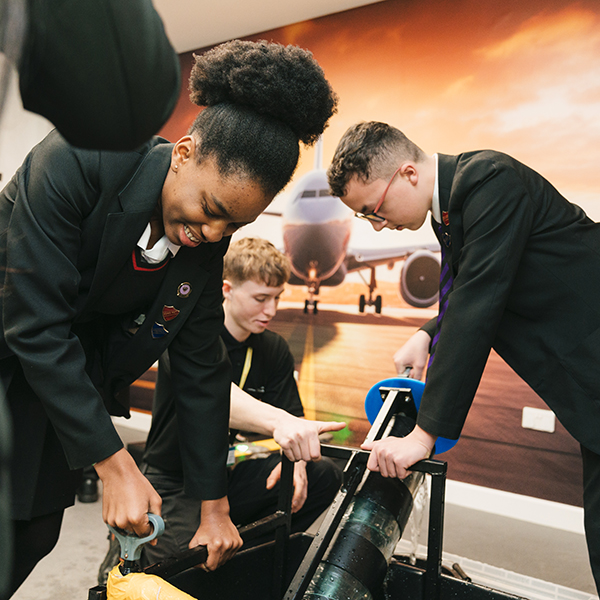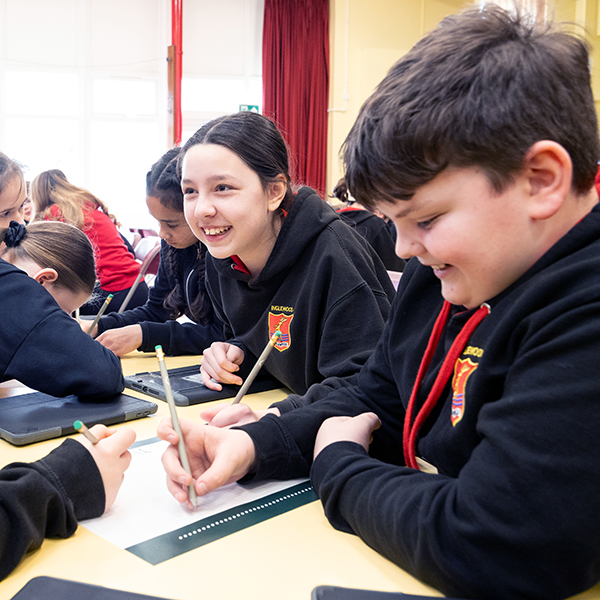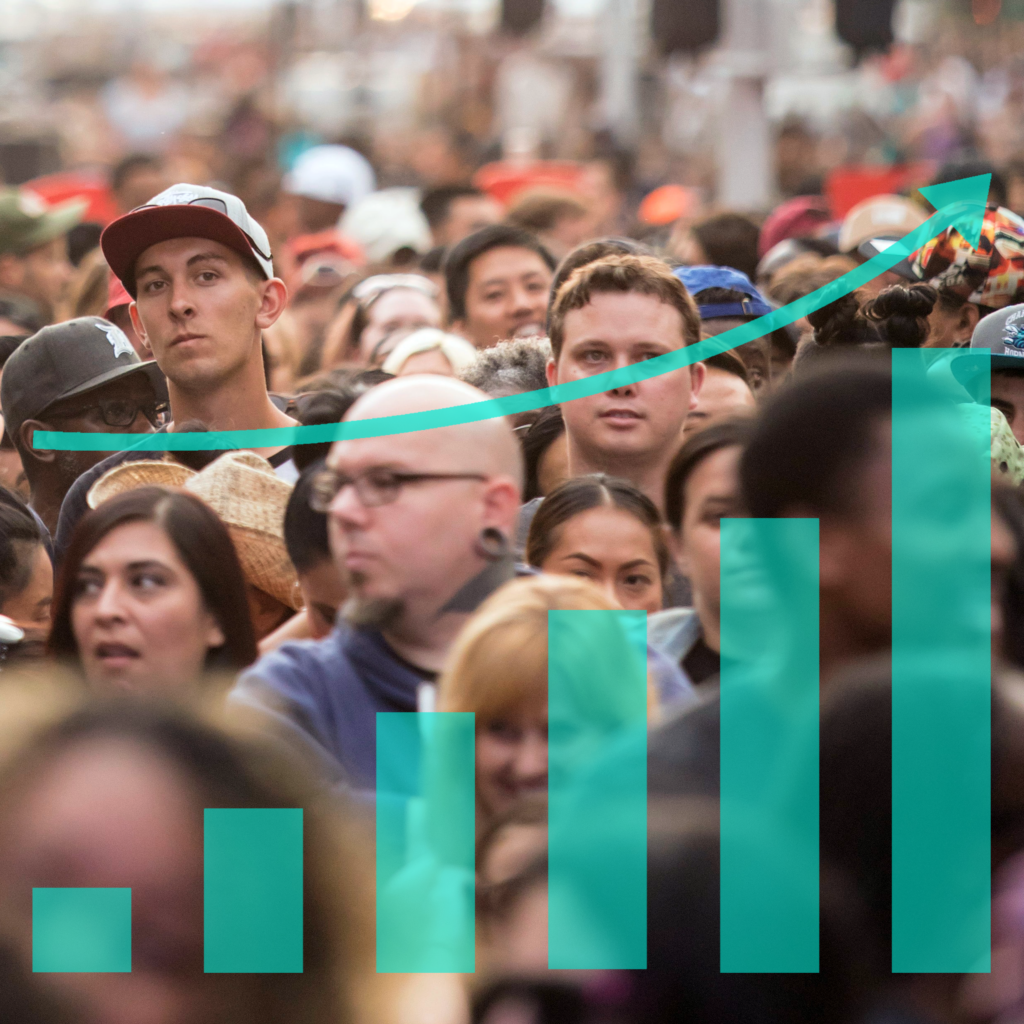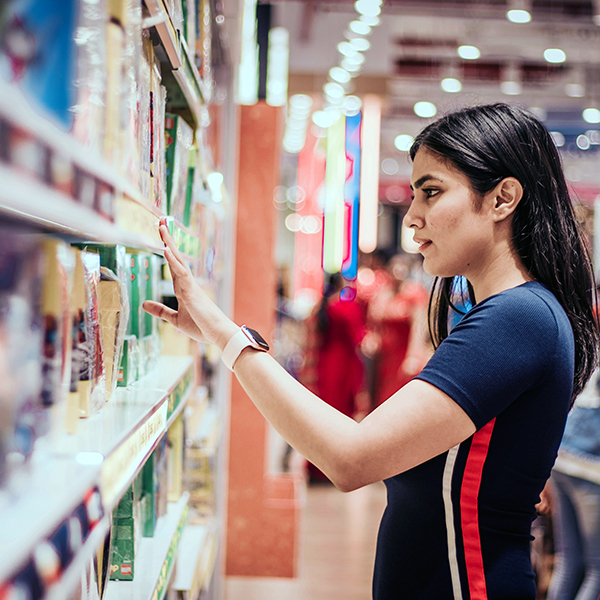A year before the pandemic, education researchers found that by the age of 16, disadvantaged children in England were more than 18 months behind their classmates and that this learning gap was wider still in the poorest parts of the country.
Yet over the last couple of decades, the gap between advantaged and disadvantaged children had steadily narrowed. Education researchers wondered whether progress in closing the gap had ground to a halt.
We all know what came next. The pandemic will have almost certainly exacerbated levels of educational inequality and widened the learning gap, according to Natalie Perera, Chief Executive of The Education Policy Institute.
“Although the virus itself can affect us all, the long-term impacts are likely to hit the poorest children the hardest,” she says.
“We know from each of the national lockdowns over the last year that disadvantaged children have been far less likely to have their own digital device, to have had online face-to-face teaching and to have been able to access a quiet place to study.
“This lack of resources has meant that these children participated in fewer hours of learning compared to their peers.”
Even by last autumn’s school term, pupils had lost up to two months of progress in reading and three months in maths, according to research for the Department for Education by The Education Policy Institute and Renaissance Learning. In schools with a high proportion of disadvantaged pupils, the learning loss is thought to have been “much higher”, Perera says. Disadvantaged pupils are also thought to have fared worse when it comes to their mental health over the course of the pandemic.
What can be done to level the playing field?
International evidence consistently shows that the way to narrow the gap is to focus on attracting, supporting and retaining high-quality teachers and provide them with high-quality resources, ideally free of charge.
But we also need to focus on closing the learning gap when it comes to essential life skills. Too often these skills are associated with enrichment activities outside the classroom and are only accessible for those from more affluent backgrounds. We need to broaden the horizons of all children and that means giving them confidence in, for example, managing their future finances, as well as in their maths and English schoolwork.
Perera says that directing funding towards the most disadvantaged children and to early years education also play their part in narrowing the learning gap.
“To mitigate against the impact of the pandemic on lost learning, academic catch-up programmes involving extra tutoring and support for pupils will be essential for all nations,” says Perera. “These programmes will need to be implemented over a long-term period, and should be well-targeted at the most disadvantaged.”
What is the role for businesses in closing the learning gap?
Nick Fuller, President (International) of EVERFI, says that “now, more than ever, businesses have an extraordinary opportunity to come together to address the inequality our young people face in Britain and beyond.”
Businesses have already provided invaluable support to schools and disadvantaged families during the pandemic and will continue to do so. In some cases, this has been an extension of corporate social responsibility strategies already in place before the pandemic, in others it has been a new effort as a direct response to needs they have seen in their local community.
Many have asked schools in their area what they can do to help, recognising that it is for teachers to say what they need rather than for businesses to predict this. Huge numbers of companies have generously donated resources, such as computers, to disadvantaged communities, while many others have developed online resources.
Many brands, such as the Premier League, – have used the power of their brands to make a difference. Premier League Primary Stars created a home-learning hub to help families during lockdown, demonstrating their support for local communities.
At EVERFI, we are helping create a more equal society by providing pupils with online courses in life skills that prepare them for a brighter, safer and more resilient future.
We recognise that narrowing the learning gap is about far more than catching up in the traditional academic subjects, as important as that is.
Businesses sponsor our courses so that they can be provided free to all UK schools. After all, subjects like financial education or online safety should never just be the preserve of the advantaged.








